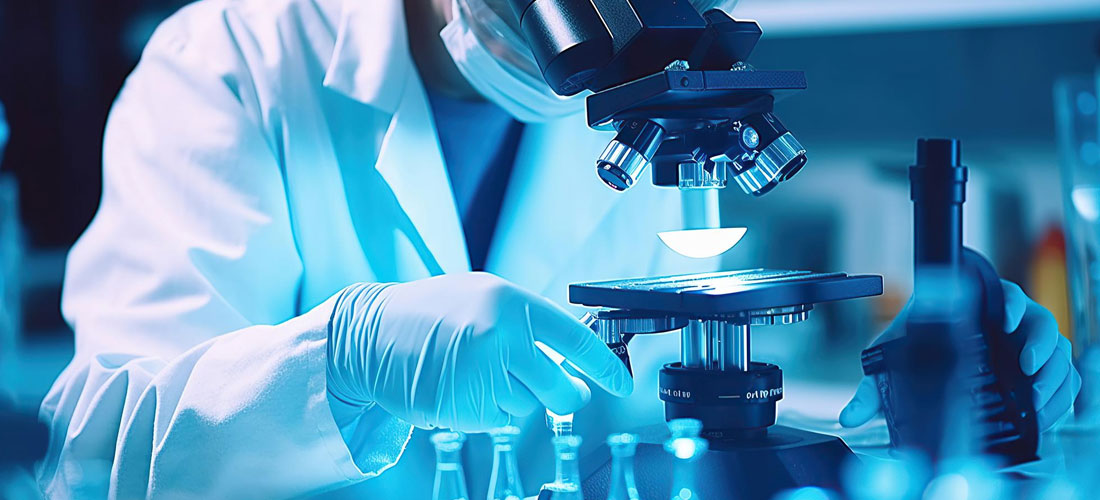Rapid diagnostic tests (RDTs) are laboratory-based or point-of-care tests designed to detect pathogens or their components quickly, often within minutes to hours, without the need for extensive laboratory infrastructure. These tests are essential in the early detection of infections, enabling timely treatment decisions and better patient management. The development of RDTs is critical in managing infectious diseases efficiently, reducing the spread of infections, and combating antimicrobial resistance.

The development of rapid diagnostic tests (RDTs) has revolutionized the early detection and management of infectious diseases. Quick and accurate diagnostics are critical in guiding the appropriate choice of treatment, particularly in the context of antimicrobial resistance (AMR), where delayed diagnosis can lead to inappropriate antibiotic use and treatment failure.
This session will explore the latest advancements in RDT technology, covering the types of diagnostic tests, their performance characteristics, and their impact on clinical outcomes. We will delve into key issues such as sensitivity, specificity, affordability, and ease of use, while also discussing the barriers and challenges to implementing RDTs in diverse healthcare settings, particularly in low-resource environments.
Key topics to be addressed include:
- Types of rapid diagnostic tests: molecular, immunological, and antigen-based
- Application of RDTs for bacterial, viral, and parasitic infections
- Role of RDTs in antimicrobial stewardship and the fight against AMR
- Implementation of rapid diagnostics in global health settings, including resource-limited areas
- Advances in biosensors and nanotechnology for rapid pathogen detection
- The role of RDTs in controlling hospital-acquired infections
- Regulatory approval and quality control standards for RDTs
- Emerging trends: multiplex testing and AI-driven diagnostics
- Case studies on the use of RDTs in diseases like malaria, tuberculosis, COVID-19, and STIs
This session is ideal for clinical microbiologists, infectious disease specialists, public health professionals, and researchers developing or utilizing diagnostic technologies in infectious disease management.